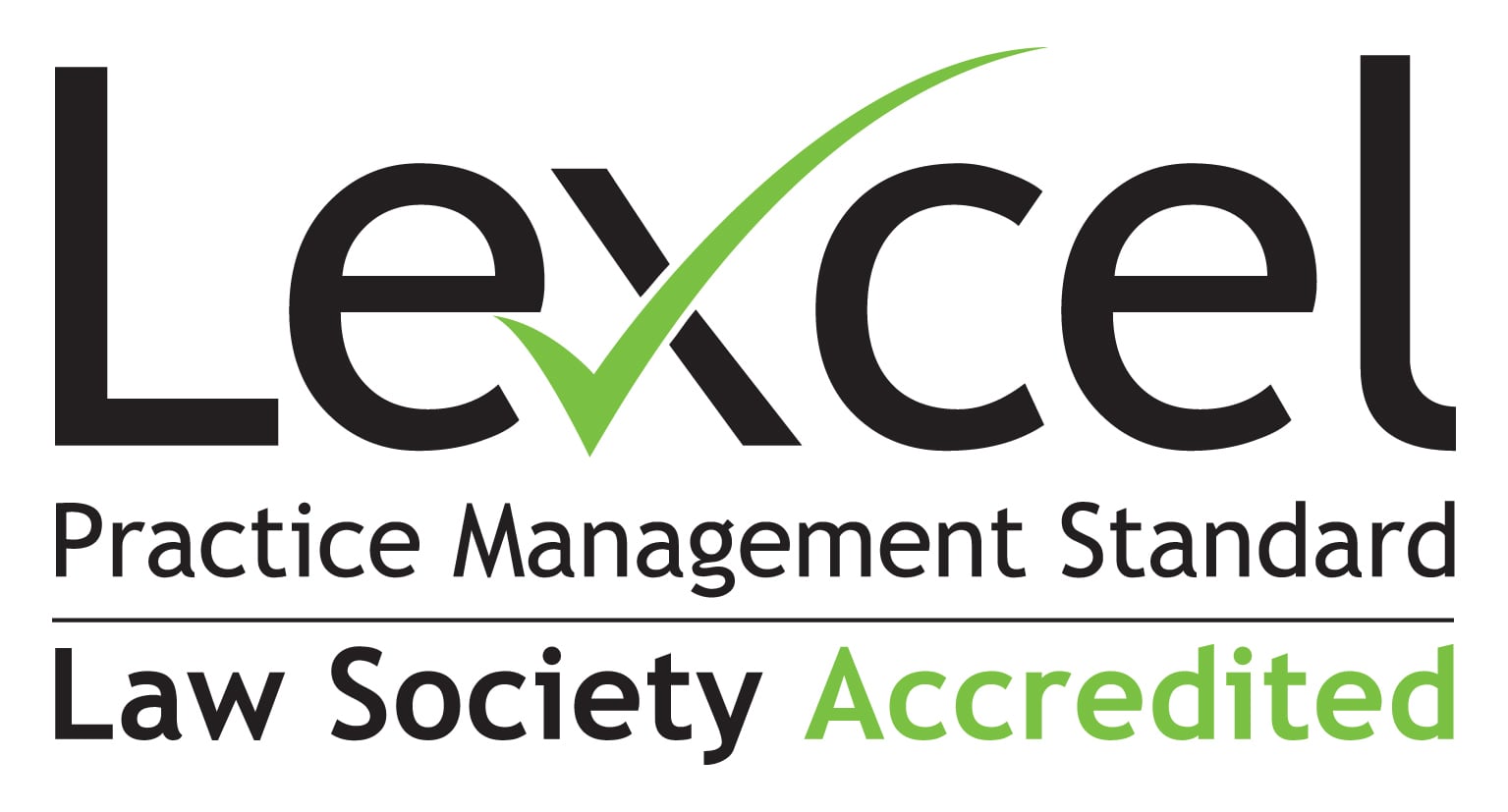What is an Advance Decision?
An Advance Decision is a document that allows you to set out your wishes and preferences for medical treatment in advance, in the event that you become unable to communicate with your health team (for example, if you fall into a coma or develop dementia). The refusal of medical treatment, including life-prolonging medical treatment, is a statutory right under the Mental Capacity Act 2005. If a doctor were to treat you he/she may face criminal charges.
An Advance Decision is intended to be a binding refusal of certain kinds iof treatment as specified by the person making the Advance Decision.
Advance Decisions are sometimes known as Living Wills, but it should be noted that a Living Will has a larger scope for your future care and treatment.
What is mental capacity?
Capacity or competence is defined under the Mental Health Act 2005 as the ability to understand the implications of a decision. A person is deemed to have capacity or competence if he ir she:
- can understand and retain information relevant to the decision in question (the definition of 'to retain information' has to be assessed on an individual basis)
- can reflect on that information to arrive at a choice and use that information as part of the decision-making process
- can then express or otherwise communicate that choice.
What is a Living Will?
A Living Will explains how you wish to be cared for in the future if you lose mental capacity. It might include how you want or would prefer to be cared for, such as being nursed at home if possible rather than in a nursing home.
However, an Advance Decision only applies where you want to refuse medical treatment.
Who can make an Advance Decision?
An Advance Decision will only be valid (accepted legally and by healthcare professionals) if you:
- are 18 or over and had capacity when you made it
- have set out exactly which treatments you do not want in future (if you do not want life-saving treatment, your decision must be signed and witnessed)
- have explained the circumstances under which you would want to refuse this treatment
- have made the Advance Decision without any harassment by, or under the influence of, anyone else
- have not said or done something that would contradict the Advance Decision since it was made
What can't an Advance Decision be used for?
You cannot use an Advance Decision to:
- ask for specific medical treatment that a healthcare team considers inappropriate
- request treatment that is against the law
- nominate someone else to decide what treatment you should have
- refuse treatment if at any time the treatment is needed you have capacity to give or refuse consent to it
- refuse basic nursing care essential to keep you comfortable, such as washing, bathing and mouth care
- refuse the offer of food or drink by mouth
- refuse the use of measures solely designed to maintain comfort - for example, painkillers
- refuse treatment for a mental disorder if you are, or are liable to be, detained under the Mental Health Act 1983
If you want to choose someone else to make decisions about your treatment, you have to make what is called a 'Lasting Power of Attorney - Health & Welfare'.
Can an Advance Decision be ignored?
A doctor might not follow an Advance Decision if:
- you have done something to contradict the Advance Decision (for example, changing your faith to a religion that doesn't allow refusal of treatment)
- the think that new circumstances would have affected your decision (for example, a new treatment that could have a big effect on your health condition)
- the Advance Decision is not clear about what should happen
Also, a doctor might not follow an Advance Decision because it refuses treatment for a mental health condition. Under Part 4 of the Mental Health Act a doctor is allowed to treat you without your consent for a mental health condition. An Advance Decision to refuse other forms of treatment will still be valid.
What are the advantages of an Advance Decision?
Creating an Advance Decision can bring some reassurance to a person worried about their future healthcare. When healthcare professionals are faced with difficult decisions about what treatment or care to give, an Advance Decision will provide the best possible guide, and will help to ensure that the person’s wishes are taken into account. It is essential that you consult with your doctor before signing an Advance Decision to ensure that the terminology used is correct and appropriate to your circumstances. It is also vital to lodge a copy of the Advance Decision with your healthcare professional once signed, as well as with:
- your hospital team, to place in your case notes
- a close relative or friend
- your health and welfare Attorney under a Lasting Power of Attorney (if you have one)
It is a good idea to review, re-sign and re-date the Advance Decision every three years to ensure it still meets your requirements and takes into consideration new treatments available.
Make an enquiry
To discover more about how our expert solicitors can help you, please make a no obligation enquiry by either calling us on 01297 32345 or by making a free online enquiry.






